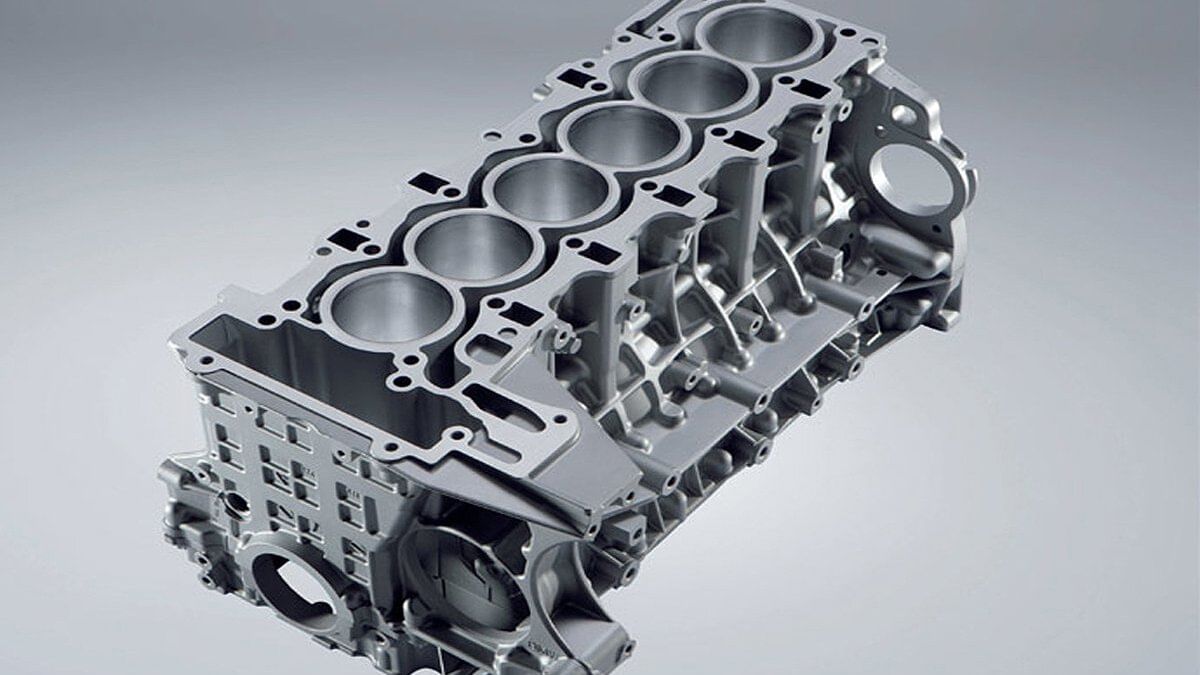Engines For Africa: Leading Supplier of Costs Engines
Engines For Africa: Leading Supplier of Costs Engines
Blog Article
Explore a Variety of Engines for each Vehicle and Function
The automotive landscape is significantly complex, with a varied variety of engine types made to satisfy particular efficiency and performance demands across numerous vehicle groups. Furthermore, heavy-duty engines offer the requirements of job lorries, while environmentally friendly alternatives are getting traction in the quest of lasting transportation.
Kinds of Automotive Engines
Automotive engines can be categorized into numerous distinct kinds, each designed to satisfy details performance and effectiveness needs. The most typical groups include interior burning engines, electric engines, and hybrid systems.

Electric engines, on the various other hand, run on electric power kept in batteries, providing immediate torque and zero discharges. These engines are coming to be increasingly popular due to innovations in battery innovation and the growing focus on sustainability.
Hybrid systems integrate both inner combustion and electric engines, allowing lorries to optimize fuel effectiveness and lower emissions by effortlessly switching over between power sources. Each engine type provides its disadvantages and advantages, affecting variables such as vehicle design, meant usage, and market need. Comprehending these distinctions is important for suppliers and consumers alike when choosing the proper engine for their details demands.
Performance Engines for Sports Cars
Performance engines for sports automobiles are particularly crafted to provide enhanced speed, agility, and power, establishing them apart from common automotive engines. These engines typically utilize advanced technologies such as turbocharging, turbo charging, and variable valve timing to maximize effectiveness and responsiveness.
Normally, performance engines are designed with greater compression ratios, which permit greater power extraction from gas. This leads to outstanding horsepower and torque numbers, allowing rapid velocity and higher full throttle. Moreover, the lightweight products utilized in these engines, such as light weight aluminum and carbon fiber, add to decreased total automobile weight, improving handling and maneuverability.
Engine configurations like V6, V8, and also hybrid systems are typical in efficiency sports cars, each offering one-of-a-kind benefits in regards to power delivery and driving characteristics. The tuning of these engines is likewise essential; several producers maximize the engine administration systems to give an electrifying driving experience, frequently consisting of sporting activity modes that readjust throttle response and gear changes.
Efficient Engines for Daily Commuters
In the realm of day-to-day commuting, effective engines play a crucial function in maximizing gas economy and lessening discharges while offering reliable efficiency. As city populations grow and ecological concerns intensify, the demand for automobiles equipped with efficient powertrains has surged.
Modern engines created for day-to-day commuters typically integrate modern technologies such as turbocharging, straight gas shot, and crossbreed systems. Turbocharging boosts engine efficiency forcibly more air into the combustion chamber, permitting smaller, lighter engines that do not jeopardize power outcome. Direct fuel injection improves fuel atomization, resulting in much better combustion and enhanced effectiveness.
Hybrid engines, integrating interior combustion with electric power, more augment gas economic situation, particularly in stop-and-go traffic, where traditional engines can deal with inefficiencies. Electric electric motors aid throughout acceleration and can operate independently at reduced rates, minimizing general fuel consumption.
Moreover, advancements in engine management systems and light-weight products contribute considerably to reliable engine style. By concentrating on performance, sturdiness, and environmental sustainability, manufacturers remain to provide engines that not only fulfill the needs of everyday travelling however likewise align with international efforts to reduce carbon impacts.
Heavy-Duty Engines for Work Vehicles
Sturdy engines for work vehicles are consistently engineered to pop over here supply exceptional torque and integrity under demanding problems. These engines are created to carry out in environments where typical engines may fail, such as building sites, logging procedures, and agricultural setups. The primary emphasis of heavy-duty engines is their ability to produce high levels of power while preserving sturdiness over extended periods of procedure.
Normally, heavy-duty engines make use of sophisticated products and robust building techniques to stand up to the rigors of heavy work. Features such as strengthened cyndrical tube blocks, enhanced air conditioning systems, and advanced fuel shot technologies add to their performance. These engines typically run at lower RPMs, which aids to maximize fuel performance while giving the necessary power for carrying and towing.
Along with mechanical effectiveness, sturdy engines are typically outfitted with sophisticated electronic control systems (ECUs) that handle efficiency, exhausts, and diagnostics. This integration allows for much better tracking and upkeep, making certain that work cars remain reliable and functional.
Inevitably, sturdy engines are an important element in the efficiency of different markets, supplying the needed power and integrity to deal with the toughest of tasks.
Eco-Friendly Engine Options
The growing emphasis on sustainability has actually led to the development of environmentally friendly engine choices that prioritize decreased emissions and improved gas performance. These engines are made to decrease the ecological effect of cars while still delivering the performance and integrity anticipated by customers.
Among the Web Site most notable eco-friendly alternatives are electric and hybrid engines. Hybrid engines incorporate standard interior combustion engines with electrical propulsion, enabling decreased fuel consumption and reduced greenhouse gas emissions. Electric engines, on the other hand, operate completely on battery power, generating zero tailpipe discharges and adding to cleaner air quality.
Another encouraging advancement is the advancement of biofuel engines, which use renewable energies, such as plant products, to power automobiles (Engines For Africa). By using biofuels, these engines can minimize dependency on nonrenewable fuel sources and reduced overall carbon impacts

As the auto market evolves, green engine More about the author choices will certainly play a vital role in driving the shift towards even more lasting transportation remedies.
Final Thought
From high-performance engines that improve sporting activities car abilities to effective designs focusing on gas economic situation for daily commuters, each type serves a particular function. Durable engines cater to robust work automobiles, while environment-friendly options, such as electric and biofuel engines, promote sustainable transportation.

Report this page